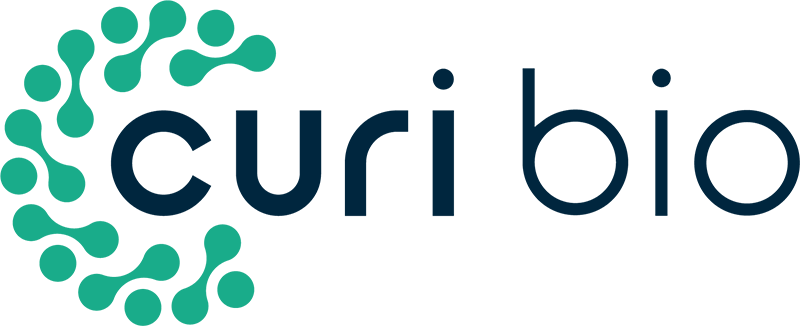3D Cellular models and organs-on-chips are poised to add tremendous value to translational research. However, these biologically complex systems typically require extensive expertise and lack the throughput necessary for therapeutics discovery. For example, 3D-engineered muscle tissues have been demonstrated to be more predictive of human responses in the dish when compared to traditional 2D cell-based assays. This has driven intense interest in adopting these 3D models in preclinical and translational research, but their complex implementation has remained a roadblock for many labs.
In this webinar, Curi Bio will present its Mantarray platform, which represents an easy-to-use, flexible, and scalable system for generating 3D muscle organoids at high-throughput with the ability to measure contractility in parallel. The platform features a novel method of casting 3D tissues that can be easily performed by nearly any cell biology researcher and can be readily adapted to a variety of cell lines and extracellular matrices. In addition, Mantarray’s novel magnetic sensing modality permits contractility measurement of 24 tissues in parallel and in real time, while the cloud data analysis portal takes the guesswork out of analyzing and comparing results across experiments.
Register for this webinar to hear a basic overview of the technology, along with application examples across various use cases. Cardiac applications will focus on the assessment of drug toxicity for acute proarrhythmic compounds as well as for chronic structural cardiotoxicants. Disease models generated from induced pluripotent stem cells (iPSCs) and tested on the platform will also be demonstrated.
Finally, data on primary and iPSC-derived skeletal muscle constructs will be presented, including disease phenotype stratification in muscle diseases like muscular dystrophy. The attendee will leave with an appreciation of how these advanced cell models can be easily adapted to their own research, and with an appreciation of the platform’s utility to therapeutics discovery.
Speaker

Dr. Nicholas Geisse, Chief Science Officer, Curi Bio
Dr. Nicholas Geisse is the Chief Science Officer at Curi Bio, a leading developer of human stem cell-based platforms for drug discovery. He graduated from Boston University with a B.A. in Biochemistry and Molecular Biology, followed by a Ph.D. in Pharmacology from Cambridge University. His postdoctoral fellowship was in cardiac cell and tissue engineering at Harvard University. At Curi Bio, Dr. Geisse guides the company’s overall scientific strategy and develops Curi’s next generation of innovative products aimed at increasing the predictive power of in vitro cell-based assays.
Who Should Attend?
- Pharmaceutical researchers developing new drugs
- Directors of Research who need new technologies for bringing drugs to market
- Safety pharmacologists who need to screen for cardiac liabilities
- Research scientists developing next-generation in vitro disease models for therapeutics development
What You Will Learn
In this webinar, participants will learn about:
- How to implement advanced bioengineering approaches in a scalable format
- The value of 2D vs. 3D assays, and how to balance complexity with throughput
- The implementation of 3D organoids at high throughput
- Using these systems for toxicity screening and disease modeling
Xtalks Partner
Curi Bio
Curi Bio’s preclinical discovery platform combines human stem cells, systems, and data to accelerate the discovery of new medicines. The Curi Engine is a seamless, bioengineered platform that integrates human iPSC-derived cell models, tissue-specific biosystems, and AI/ML-enabled phenotypic screening data. Curi’s suite of human stem cell-based products and services enable scientists to build more mature and predictive human iPSC-derived tissues—with a focus on cardiac, musculoskeletal, and neuromuscular models—for the discovery, safety testing, and efficacy testing of new drugs in development. By offering drug developers an integrated preclinical platform comprising highly predictive human stem cell models to generate clinically-relevant data, Curi is closing the gap between preclinical data and human results, accelerating the discovery and development of safer, more effective medicines.
You Must Login To Register for this Free Webinar
Already have an account? LOGIN HERE. If you don’t have an account you need to create a free account.
Create Account

